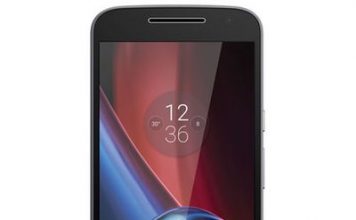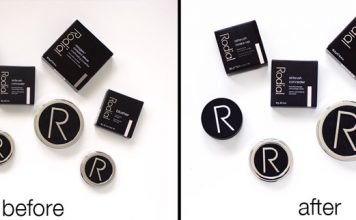Smartphones & Accessories
Back to School: Budget Smartphones for the new year
Back to School: Cases to protect your phone or tablet
Easy everyday cell phone tips: Edit and crop images before sharing...
What you should do if the screen cracks on your phone
Here’s the thing about 2016: everyone has either broken their smartphone screen at some point, or they know someone who has. Luckily, if you break your phone screen nowadays, it’s not too big of a deal! Just make sure you backup all of your files, and then read this article to figure out what your next steps are.
What you should do if the screen cracks on your phone
Review: Homido VR helps you escape to a whole new reality
The next transformational leap in gaming and entertainment is already here. Virtual Reality or VR is the idea of creating digital virtual spaces that we can immerse ourselves into, exploring digital worlds just like the way we would explore the real world. Homido has a smart and simple way to experience VR anywhere using something you’ve probably got on you right now: your smartphone. Want to learn more?
Review: LG 360 Cam sees the world in 180- or 360-degrees
Shooting photos or video in 360-degrees is a unique proposition that has only become readily available to consumers in the last few years. Prior to that, it was either expensive or out of reach, and few options to display the content anyway. The LG 360 Cam is a pocket-sized camera that can shoot in 180- or 360-degrees, and works with any Android phone, not just LG’s models.
What you should do if your iPhone’s home button no longer...
As any longtime iPhone owner knows, these slick Apple products are not without their faults. Much like an adorable purebred puppy, Apple iPhones have problems that their phones are prone to developing. The most common of the bunch is a broken home button, but luckily enough, this isn’t an insurmountable problem!
Smartphone cases for protection and peace of mind
I love a smartphone case that’s made for those with a passion for fashion. But most days, I need something with a little more heft–something that’ll put up with me dropping it on the curb side, spilling a glass of water on it, or accidentally pushing it off a bookcase (sadly, all things that have happened to my iPhone over the past two weeks.)
Review: WeBoost Eqo Boost should amp up your cell reception
If you find that cellular reception is a problem in your home or office, then the Eqo Boost from WeBoost may be the solution you’re looking for. Dropped calls, or parking yourself in one spot near a window to get a reliable connection for phone calls can be a frustrating experience, especially when you feel powerless to do anything about it.










